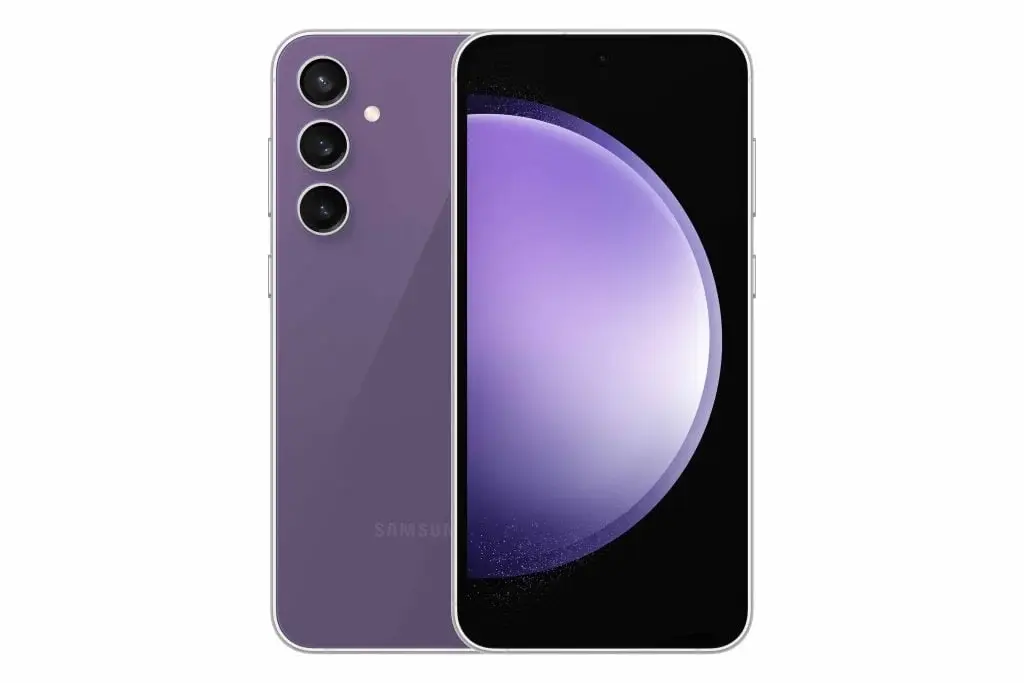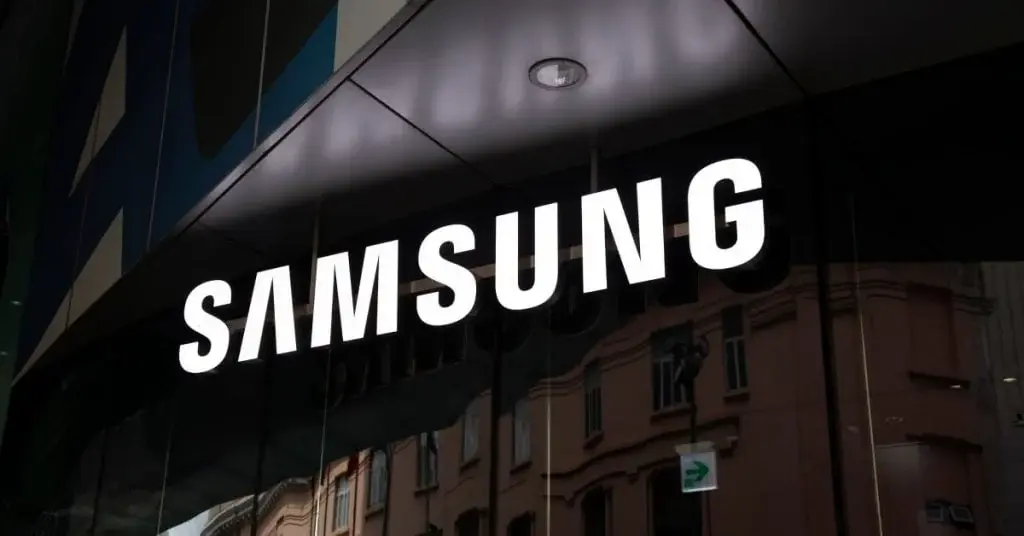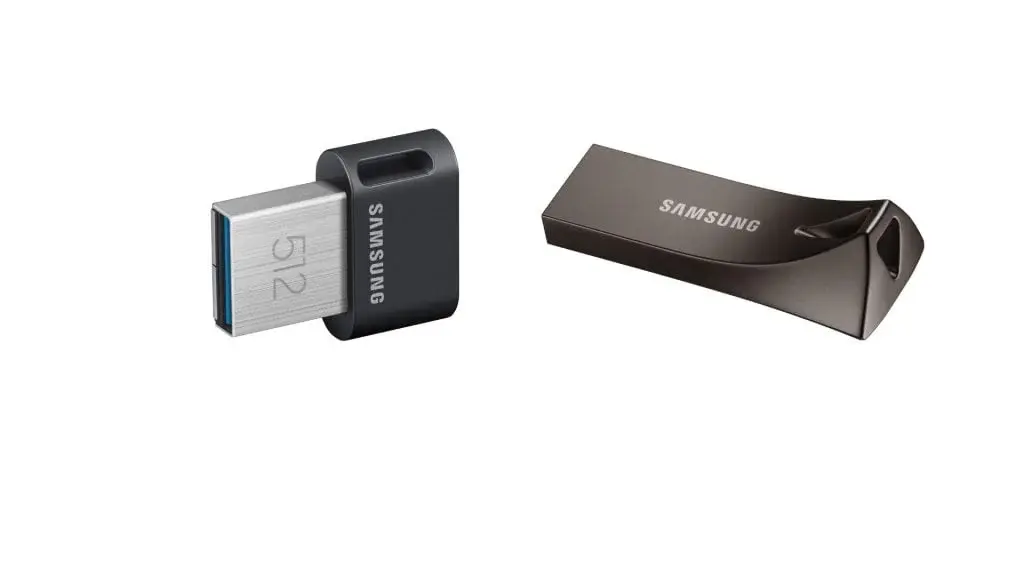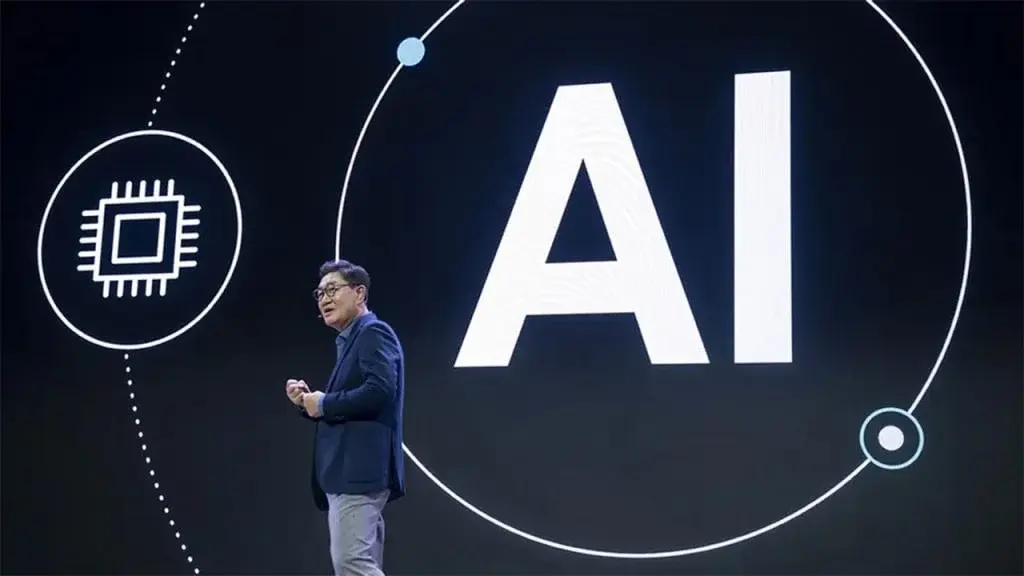Samsung has introduced its premium Galaxy S24 smartphone series earlier this year, and now there are hints of the upcoming Galaxy Z series foldable smartphones, along with other products like the Galaxy Tab S10 series, Galaxy Watch 7 series, and Galaxy Ring wearables.
Samsung’s Latest Developments
Rumors suggest that Samsung is also working on an FE smartphone within the Galaxy S24 lineup, with a new smartphone codenamed R12 in the works. This follows the trend of previous FE models, like S20 FE – R8, S21 FE – R9, and S23 FE – R11. The speculated Galaxy S24 FE could be the successor to the S23 FE.
The Mystery Behind R12
While details about the S24 FE are scarce at the moment, leaks about the S23 FE were more prevalent around the same time last year. This could indicate a potential delay in the launch of the S24 FE, which might see a release around November or later, considering the current development stage.
Samsung Galaxy S23 FE Recap
As for the Galaxy S23 FE, it is powered by a Qualcomm Snapdragon 8 Gen 1 SoC in the US and a Samsung Exynos 2200 SoC in other regions. It comes with 8GB of RAM and storage options of 128GB or 256GB. The device features a 6.4-inch AMOLED display with FHD+ resolution and a 120Hz refresh rate, running on One UI 5.1-based Android 13 (upgradeable to Android 14) with an in-screen fingerprint sensor.
The smartphone is equipped with a 4,500mAh battery supporting 25W wired and 15W wireless charging. Camera-wise, it boasts a 10-megapixel front camera and a versatile rear setup including a 50-megapixel main camera with OIS, a 12-megapixel ultra-wide lens, and an 8-megapixel telephoto lens with 3x optical zoom. Additional features include dual speakers and an IP68-rated body for added durability.















